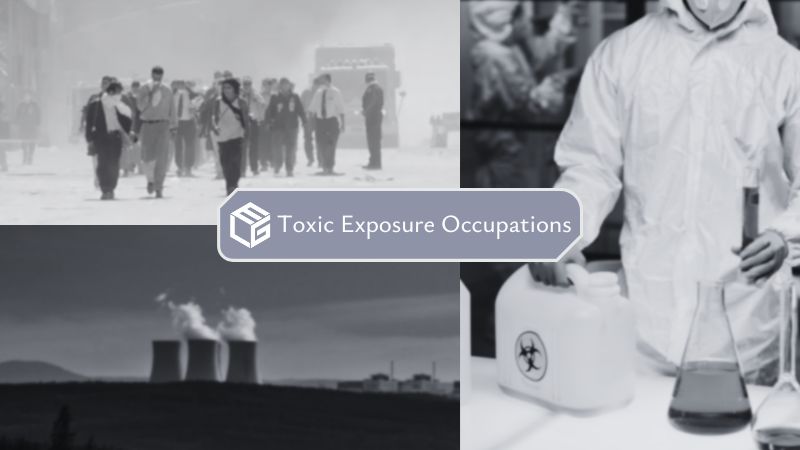-
About »
- Insulin MDL
-
Cases »
- Diseases
- Testimonials
- Government
- Contact
- Get Help Now
-

Warehouse specialists who handle ethylene oxide (EtO) cylinders serve as gatekeepers for one of the most hazardous materials in industrial use. The handling, storage, or distribution of EtO cylinders for at least one year involves high levels of toxic, carcinogenic, and flammable gases. When you handle EtO cylinders directly, you are more likely to encounter leaks, damaged equipment, and inventory management errors.
The warehouse specialists who handle EtO cylinders work for sterilization facilities, chemical manufacturing plants, distribution centers, and medical device manufacturers. They are responsible for ensuring the safe storage and distribution of hazardous materials. Their job also involves working with suppliers and end users to ensure cylinder integrity and storage conditions.
Warehouse specialists may not be aware of the health risks they face. EtO cylinder safety data sheets recommend thorough ventilation of storage areas, protection of cylinders from damage and heat, and grounding of equipment to prevent static discharge. Although these precautions are taken, specialists work close to potential leak sources regularly.
The nature of warehouse work creates multiple exposure pathways. Specialists may have to deal with damaged valves, compromised seals, or contaminated cylinders. When moving, inspecting, and storing cylinders, physical contact and prolonged exposure to inadequate ventilation are necessary. Exposures from damaged or leaking cylinders pose acute risks, while routine inventory checks and handling operations in enclosed warehouses cause chronic low-level exposures.
The OSHA permissible exposure limit is 1ppm over an 8-hour time period, with a short-term limit of 5ppm over 15 minutes. Warehouse specialists working with cylinders, however, may experience exposure spikes during inspections, movements, or when discovering damaged equipment. There is a cumulative health risk associated with a career that involves exposure to EtO vapors and possible contact with contaminated cylinder surfaces.
If you handled EtO cylinders as a warehouse specialist, you may have been exposed to ethylene oxide in the following ways:
Your careful management of EtO cylinders protected your facility and coworkers, but it also exposed you to serious health risks. If you worked as a warehouse specialist handling EtO cylinders for at least one year and have been diagnosed with cancer, you may be eligible for compensation. The following cancer types have been linked to EtO exposure:
Leukemia Non-Hodgkin's lymphoma Multiple myeloma Liver cancer Lung cancer Breast cancer Stomach cancerELG Law has helped warehouse and logistics workers recover compensation for occupational exposures for over three decades. We understand that your role may have seemed less hazardous than production work, but exposure to carcinogenic materials affects all workers equally. Reach out today for a confidential case review.